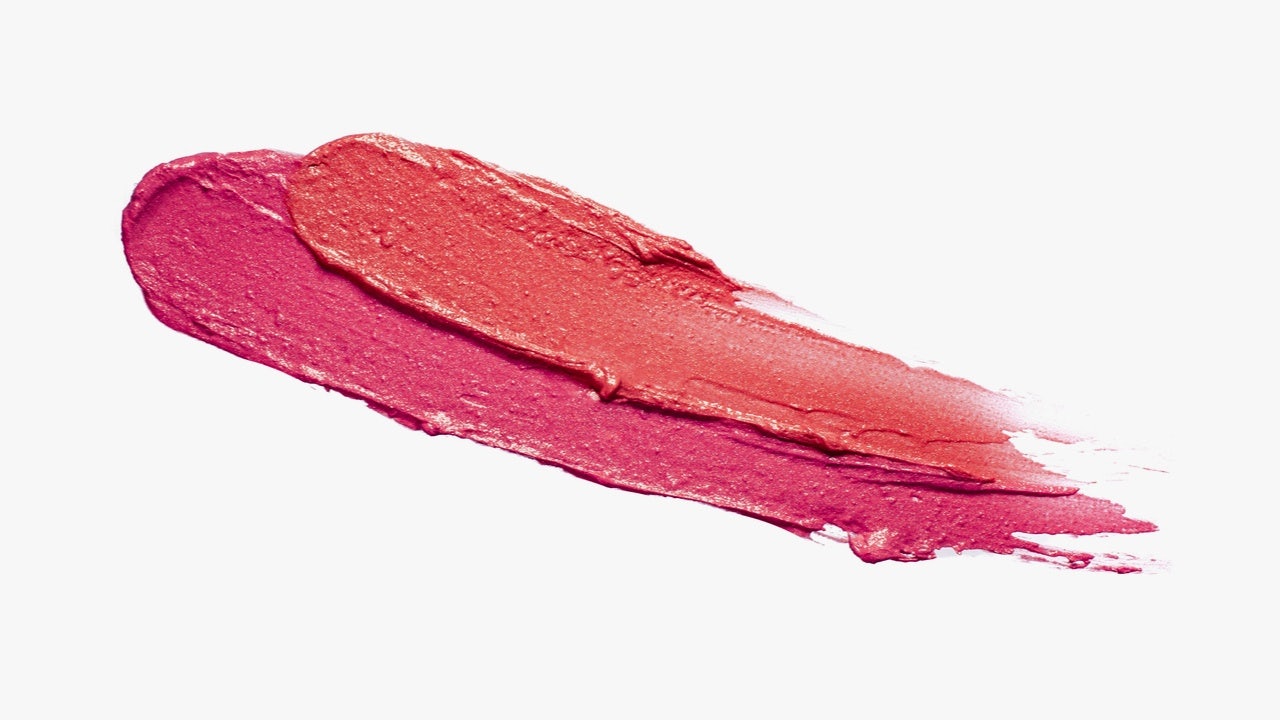On June 29, China's State Council officially issued the Cosmetics Supervision and Administration Regulation, which was approved back on January 3 of this year. First filed in 1989, changes to the former cosmetics regulation have been in the pipeline for years and will now be enforced thanks to a recent beauty market boom in China. The revised regulation, which will take effect in January 2021, introduces overarching measures on cosmetic company manufacturing and operations across the country as a way to keep the industry on a growth trajectory.
The filing also states that the government will now separate cosmetic products into categories: ordinary cosmetics and special ones with functions that support hair color/perming, skin brightening, and UV radiation protection. These will be managed through recordkeeping and a registration-based system.
Jing Take#
The revised regulation will hold international niche brands with an eye on China’s market as well as emerging domestic beauty brands to a higher standard. The country’s supervision departments will apply more stringent measures to cosmetic products, especially imported ones. Therefore, global brands should pay closer attention to their local marketing strategies, particularly their functional products, because the new regulation punishes deceptive marketing practices such as misleading advertising.
Meanwhile, the effect will be more challenging for smaller or newer brands and retailers that often choose to start working in China via online channels. With the country’s cosmetics e-commerce business booming, these regulations will soon force companies to disclose comprehensive, authentic, and accurate information about their products. Therefore, e-commerce platforms will be tasked with inspecting cosmetics brands or online retailers and reporting violations to supervision departments like the National Medical Products Administration.
The Jing Take reports on a piece of the leading news and presents our editorial team’s analysis of the key implications for the luxury industry. In the recurring column, we analyze everything from product drops and mergers to heated debate sprouting on Chinese social media.

